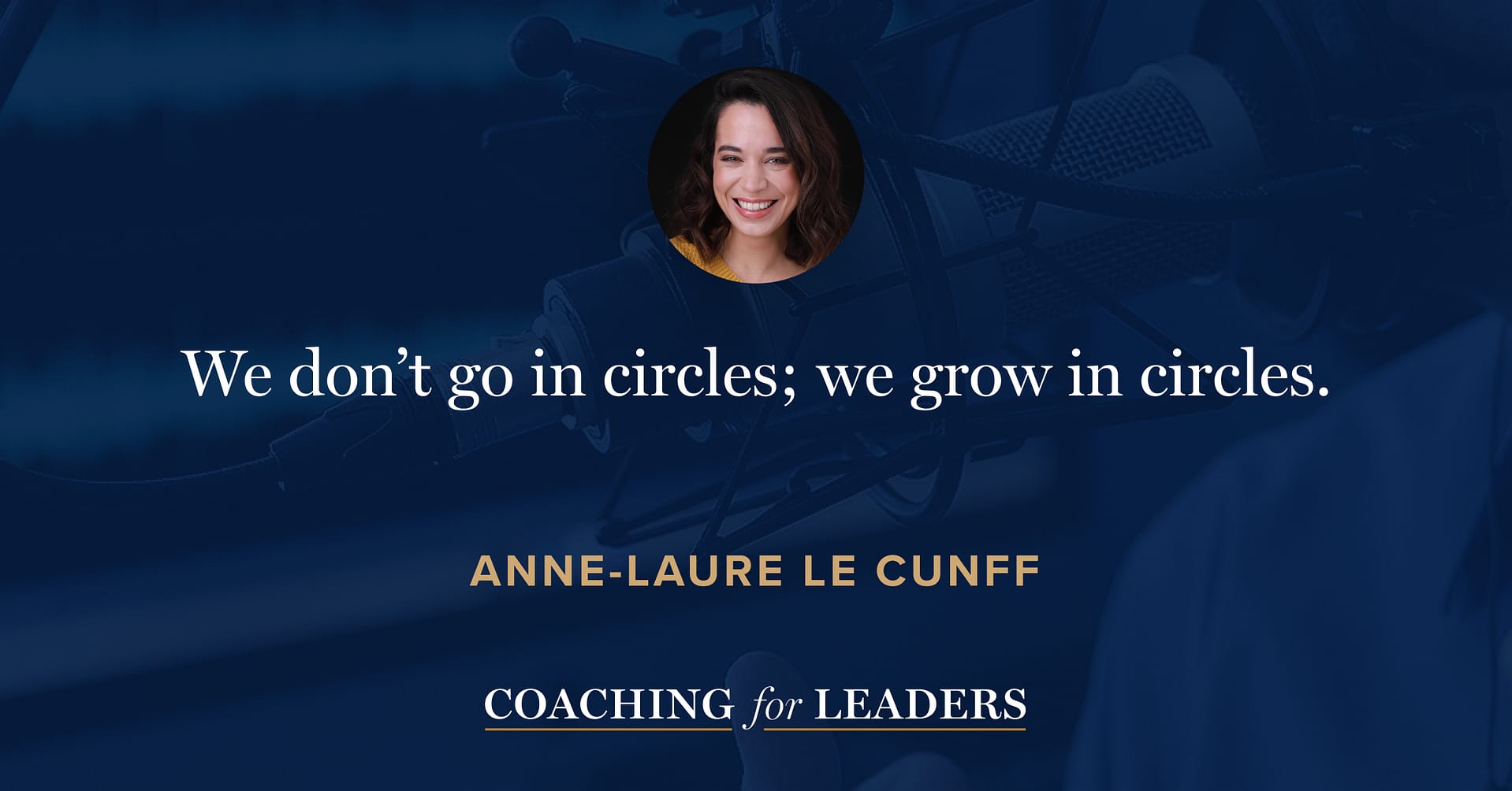Anne-Laure Le Cunff: Tiny Experiments
Anne-Laure Le Cunff is an award-winning neuroscientist, entrepreneur, and writer. She is the founder of Ness Labs and author of its widely read newsletter, a researcher at the ADHD Research Lab, and an advisor for the Applied Neuroscience Association. She is the author of Tiny Experiments: How to Live Freely in a Goal-Obsessed World*.
We all get into a rut sometimes. Once we notice we’re in one, our tendency is to work really hard to get out of it. In this conversation, Anne-Laure and I explore how starting with something tiny is often the better bet.
Key Points
- SMART goals assume we know exactly where we’re heading. Most of the time, that’s not clear.
- A tiny experiment focuses on outputs instead of outcomes.
- To build more comfort with uncertainty, find one small place to experiment.
- Our brain uses growth loops to constantly adjust our trajectory. We don’t go in circles; we grow in circles.
- Improving growth isn’t about knowledge or skill; it’s thinking about your thinking, questioning your responses, and knowing your mind.
- A simple, 5-minute tool is Plus Minus Next. It surfaces what’s working, what’s not, and your next steps.
Resources Mentioned
- Tiny Experiments: How to Live Freely in a Goal-Obsessed World* by Anne-Laure Le Cunff
Interview Notes
Download my interview notes in PDF format (free membership required).
Related Episodes
- How to Become the Person You Want to Be, with James Clear (episode 376)
- How to Change Your Behavior, with BJ Fogg (episode 507)
- How to Create Space, with Juliet Funt (episode 540)
Discover More
Activate your free membership for full access to the entire library of interviews since 2011, searchable by topic. To accelerate your learning, uncover more inside Coaching for Leaders Plus.





